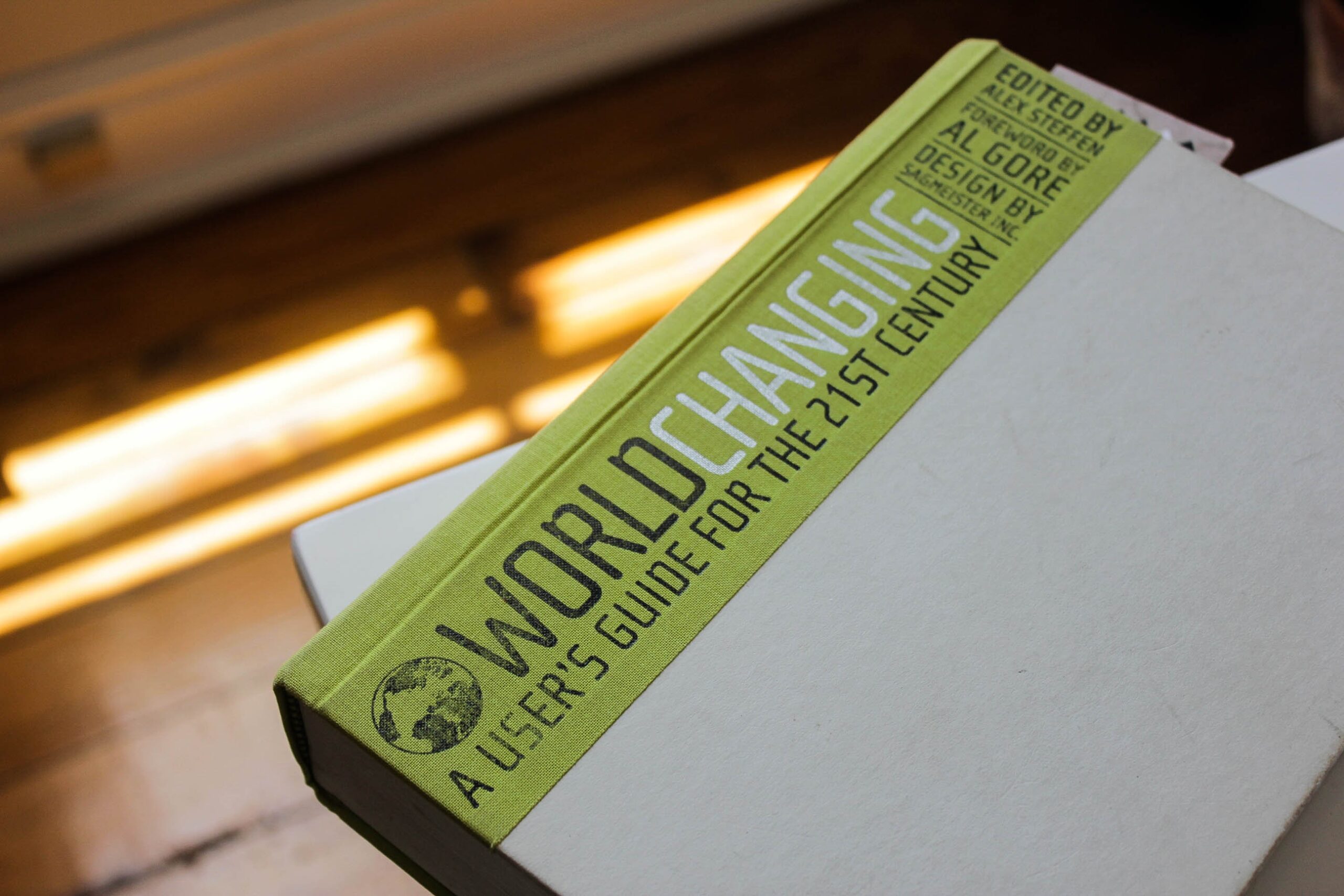Domicile is a key legal concept that serves to determine an individual’s connection with a specific legal jurisdiction. Though it often intersects with the concepts of nationality and residence, domicile has a unique set of implications in legal, tax, and personal affairs.
Historical Evolution of Domicile in UK Law
Tracing the origins of the concept of domicile, we can go as far back as the Roman law. The term was derived from ‘domus,’ meaning home. In Roman law, domicile implied a person’s permanent residence and established connections for legal purposes. However, it was during the mid-19th century that the concept of domicile started to crystallise in UK law.

The Birth of Modern Domicile: From Common Law to Statutory Definition
In the early days of British Common Law, a man’s domicile was typically his place of birth or the place where he lived. However, as society and its complexities grew, a more flexible definition of domicile evolved.
In 1861, the concept of domicile was formally recognised in UK law through the Domicile Act. It brought forth the three types of domicile:
- Domicile of Origin: This is usually the domicile of the father at the time of a person’s birth.
- Domicile of Choice: This can be acquired by an individual by residing in a new jurisdiction with the intent of making it their permanent home.
- Domicile of Dependence: This applies to individuals under the age of 16, or to women married before January 1, 1974, whose domicile followed that of their father or husband, respectively.
The Domicile and Matrimonial Proceedings Act 1973 further modernised the law, granting married women an independent domicile status, separate from their husbands.
Elements Defining Domicile
Deciphering one’s domicile can be a nuanced process. While it is primarily determined by the individual’s physical presence and intent, several other factors come into play.
- Physical Presence: A person must be physically present in a place to acquire a domicile of choice there. This does not necessarily mean constant presence but should reflect a degree of stability and continuity.
- Intention: The individual must intend to reside in the location indefinitely. This intention could be demonstrated through actions like purchasing a permanent home, establishing a business, purchasing a burial plot or other ties that indicate a commitment to stay.
- Abandonment of Previous Domicile: Acquiring a new domicile of choice requires an individual to abandon their previous domicile, both in physical departure and in the intention not to return.
The Impact of Domicile on Legal and Tax Affairs
Determining one’s domicile has significant implications in various areas of law and personal affairs.
- Inheritance Tax (IHT): In the UK, an individual’s domicile can significantly affect their exposure to inheritance tax. While UK domiciles are subject to IHT on their worldwide assets, non-UK domiciles are only taxed on their UK assets.
- Administration of Estates: Domicile is also crucial in probate law, where the laws of the deceased’s domicile at the time of their death govern the administration of their estate.
- Matrimonial Causes: In family law, domicile is a vital factor in determining the jurisdiction and applicable law for divorce proceedings.
- Personal Status and Capacity: Laws related to personal status and capacity, such as the age of majority, marriage, and legitimacy, often depend on the law of the individual’s domicile.
Domicile is, therefore, an integral legal concept in UK law with historical roots dating back to Roman times. Its significance spans across various areas of law and personal affairs, making it a critical consideration for individuals navigating the complexities of legal systems. As society continues to evolve and global mobility increases, the concept of domicile remains adaptable, responsive to the needs of a changing world.

Changing Domicile: A Closer Look
When it comes to changing domicile, the process is not always as straightforward as it may seem. While a person’s domicile of origin can be changed to a domicile of choice, this requires both the intent to make the new country their permanent residence and evidence that demonstrates the intent in action.
- Evidence of Intent: Evidence can include buying or leasing property in the new location, setting up a business, or establishing a social network. Other considerations include disposing of property in the previous domicile, moving family to the new location, and changing financial arrangements like wills or insurance policies.
- Reverting to Domicile of Origin: It’s important to note that if an individual abandons their domicile of choice, and they have not established a new one, their domicile of origin will revive. This reversion underlines the idea that a person is never without a domicile.
Domicile in the 21st Century: Contemporary Issues and Debates
In the 21st century, domicile continues to play a critical role in legal proceedings. However, with increasing global mobility and evolving societal structures, some issues and debates have arisen around the concept.
- Domicile and Dual Residency: The rise of remote work and digital nomads brings new challenges to the concept of domicile. For individuals who split their time between two or more countries, determining domicile can become complex.
- Domicile and Gender Equality: While the Domicile and Matrimonial Proceedings Act 1973 equalised the legal position for men and women regarding domicile, there continue to be calls for further changes, particularly around the domicile of dependence.
- Domicile and Taxation: The use of domicile for tax purposes, particularly for individuals with significant overseas assets, has been the subject of controversy and debate. Critics argue that the current rules allow non-domiciled individuals to avoid paying tax on overseas assets, creating inequality.
In many ways, these debates reflect the constant interplay between legal concepts and societal changes, underlining the necessity for laws to adapt and evolve over time.
The Significance of Domicile Today
Domicile, a concept with deep historical roots, remains a significant factor in UK law. Its implications on legal, tax, and personal affairs underline the importance of individuals understanding their domicile status and the potential impact it may have on various aspects of their lives.
However, with the world becoming increasingly interconnected, the concept of domicile will undoubtedly continue to evolve and adapt. From the debates around dual residency and gender equality to controversies over taxation, the concept of domicile will remain at the centre of legal discourse for the foreseeable future. In this context, understanding the nuances of domicile becomes not just a legal necessity but a tool for navigating an increasingly globalised world.
If you’re interested in gaining a deeper understanding of the specific steps you can take to relinquish your UK domicile, you may find this article to be informative and beneficial: